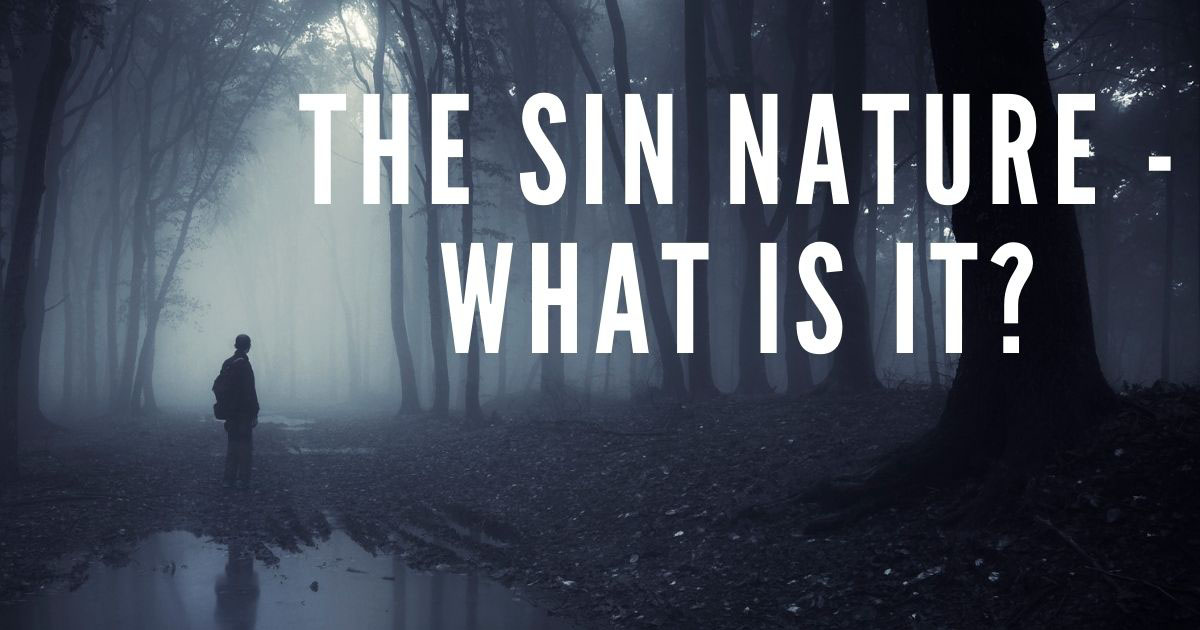Human beings unquestionably have a will, as we make decisions all the time. When the word "free" is added, however, it carries the idea of making a decision/taking an action with no outside influence or control. The Bible presents only God as absolutely sovereign and free from outside influence or control. Nothing can happen if God does not allow it. So, no, the human will is not technically free. Further, our will is impacted by our sin nature, sinful influences, and our own limitations as humans. Do human beings have a will? Yes. Are human beings truly and fully responsible for their actions? Yes. Do human beings have the ability to make decisions completely free from all outside influences? No.
If our wills are not fully free, and we are limited by our sinful nature and human limitations, this reality points to our deep dependence on God. Rather than attempting to navigate life based solely on our imperfect understanding, we must humbly recognize our need for His wisdom and seek His truth to guide our decisions. Since our choices are influenced by various factors beyond our control, it becomes all the more essential to lean on God’s Word and truth, His Holy Spirit living within believers and reminding us of the truth, and His sovereign knowledge of what is best for us. In practice, this means intentionally seeking His Word and spending time in prayer, allowing His truth to shape our decisions and actions, so we may walk in His will and avoid the pitfalls of relying on our own limited perspective. Dependence on God isn't a sign of weakness, but a recognition of His strength and the wisdom He offers to help us live rightly and fully in accordance with His plans. We are responsible for our decisions and the consequences that come with them, but thankfully, God has given us everything we need for life and godliness (2 Peter 1:3). We need to abide in Him and allow His truth and goodness to shape and guide us.




